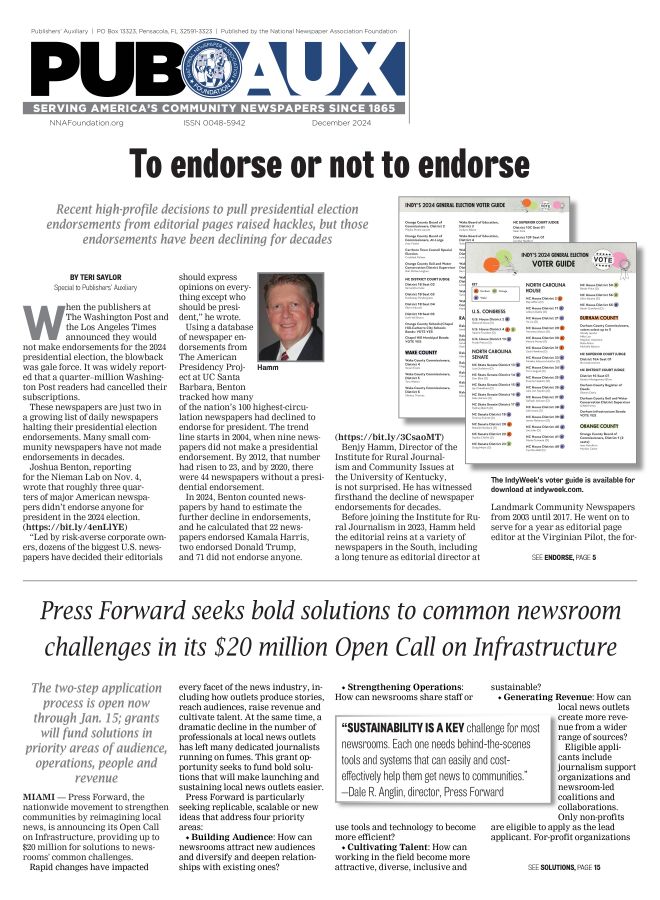Free Speech can be shield or a sword, as Cosby furor shows
Nov 20, 2014
By Gene Policinski
Inside the First Amendment
Bill Cosby's career has been deeply rooted in the possibilities and protections provided by freedom of speech.
The legendary comedian and actor's career began with landmark comedy routines in which he tackled sensitive racial subjects. He was the first African American male with a starring role on TV, in the 1960s series "I Spy."
The iconic late-1980s, early-1990s sitcom "The Cosby Show" featured an affluent, professional black family that countered decades of denigrating stereotypes. And, most recently, he's made headlines and created a few critics as a public observer and candid counselor on matters involving race and fellow African Americans.
Claims have now come to light across various media that Cosby drugged and then sexually assaulted a number of young women, in incidents reaching back into the 1960s. Various news reports say no criminal charges are likely because of statutory time limits on prosecution.
The Cosby furor exploded in social media in recent days, starting with video of comedian Hannibal Buress inviting an audience to "Google Bill Cosby rape," while riffing on what he said was Cosby's current curmudgeonly posture.
In an ironic twist, Cosby himself helped call attention to those making the assault claims when his Twitter account asked fans to create memes — images intended to spread quickly throughout the Internet — about him. What likely was attended as a feel-good PR stunt backfired as the images contained comments about the assault claims.
Then, in a pre-taped National Public Radio interview aired on Nov. 15, in which Cosby and his wife, Camille, had been talking about their collection of African art, NPR host Scott Simon switched subjects: "This question gives me no pleasure, Mr. Cosby, but there have been serious allegations raised about you in recent days." When Cosby did not speak, Simon continued, "You're shaking your head 'no.' I'm in the news business. I have to ask the question. Do you have any response to those charges?" Still, silence from Cosby. So Simon ended the one-sided exchange by saying he had wanted to afford Cosby the chance to speak out.
In the days since, more women have come forward with graphic claims of sexual assault. Appearances on television and entertainment projects involving Cosby have been cancelled, and his lawyer says no response is forthcoming. But such actions that once would once have resulted in a low profile are being swept aside in an ongoing social media tide — Cosby's critics continue to range across Facebook, Twitter and other social media.
We've seen such controversies play out in the news media in the past in very different ways.
A little less than 90 years ago, as movies surged into prominence, a beloved entertainer of that era also faced stunning allegations involving a claim of sexual assault. Newspaper accounts in 1921 raged around popular comedian "Fatty" Arbuckle following the alleged assault and subsequent death of 26-year-old Virginia Rappe. Ironically, the silent film star was forced to speak out to counter the media blitz. Two juries deadlocked, and the third jury voted for acquittal, but Arbuckle's career never recovered. He died in 1933.
On the Time Warner website "Crime Library," writer Denise Noe reports that "Newspapers, led by William Randolph Hearst's San Francisco Examiner, had a field day. Yellow journalism was at its peak and readers were regaled with stories about Arbuckle's supposedly debauched private life and his alleged cruelty to (Rappe)."
Noe's story also says that "Hearst once bragged ... that the Examiner had 'sold more newspapers because of the Arbuckle case than the sinking of the Lusitania.'" She also writes that Arbuckle "was bewildered by his dizzying fall from public grace. 'I don't understand it,' he complained. 'One minute I'm the guy everybody loved, the next I'm the guy everybody loves to hate.'"
In a much more contemporary example, filmaker Woody Allen used a guest column in The New York Times in February to respond to — and largely dampen a brief media frenzy over — the resurfacing of 21-year-old allegations that he had sexually abused an adopted daughter. Allen said at the time that "This piece will be my final word on this entire matter and no one will be responding on my behalf to any further comments."
Traditional media, in Cosby's case, already are being criticized for not jumping on the stories earlier. Cosby's lawyer has rightly noted of the widespread claims against his client that "the fact that they are being repeated does not make them true." And Cosby's right of free speech certainly carries the right not to speak.
But in this news-and-information-saturated era, and with his accusers having ready access to social media to reach everywhere, Cosby's approach of "silent until proven guilty" may not carry the day in terms of protecting his reputation and preserving his career.
Gene Policinski is chief operating officer of the Newseum Institute and senior vice president of the Institute’s First Amendment Center. He can be reached at gpolicinski@newseum.org.







